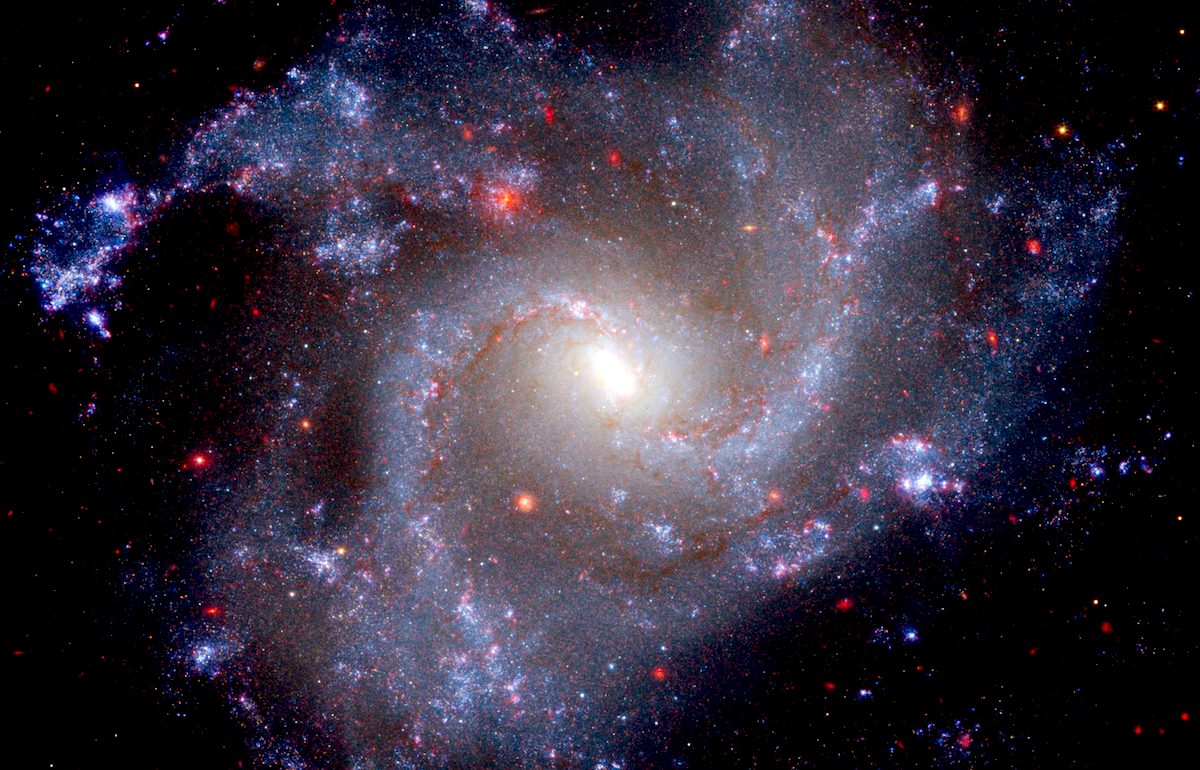100 million: AI is helping researchers better map outer space. One recent simulation led by a University College London researcher was able to show 100 million galaxies just across a quarter of the Earth’s southern hemisphere sky. This is part of a wider effort to understand dark energy, the mysterious force causing the expansion of the universe.
30,000: The law firm WilmerHale, which completed its investigation of Sam Altman’s brief December ouster from OpenAI, examined 30,000 documents as part of its review. The contents of the report haven’t been made public, but new board chairman Bret Taylor said that the review found the prior board acted in good faith but didn’t anticipate the reaction to removing Altman, who is now rejoining the board. The SEC, meanwhile, is still investigating whether OpenAI deceived investors, but it’s unclear whether WilmerHale will give their findings to the agency.
90: More than 90 scientists have pledged not to use AI to develop bioweapons as part of an agreement forged somewhat in response to congressional remarks given by Anthropic CEO Dario Amodei last year. Amodei said while the current generation of AI technology couldn’t handle such a task, it’s only two or three years away.
100: More than 100 AI researchers have signed an open letter asking the leading companies to allow independent investigators access to their models to ensure that risk assessment is thorough. “Generative AI companies should avoid repeating the mistakes of social media platforms, many of which have effectively banned types of research aimed at holding them accountable,” the letter said.
8 billion: The media company Thomson Reuters says it has an $8 billion “war chest” to spend on AI-related acquisitions. In addition to publishing the Reuters newswire, the company sells access to services like Westlaw, a popular legal research platform. It’s also committed to spending at least $100 million developing in-house AI technology to integrate into its news and data offerings.
